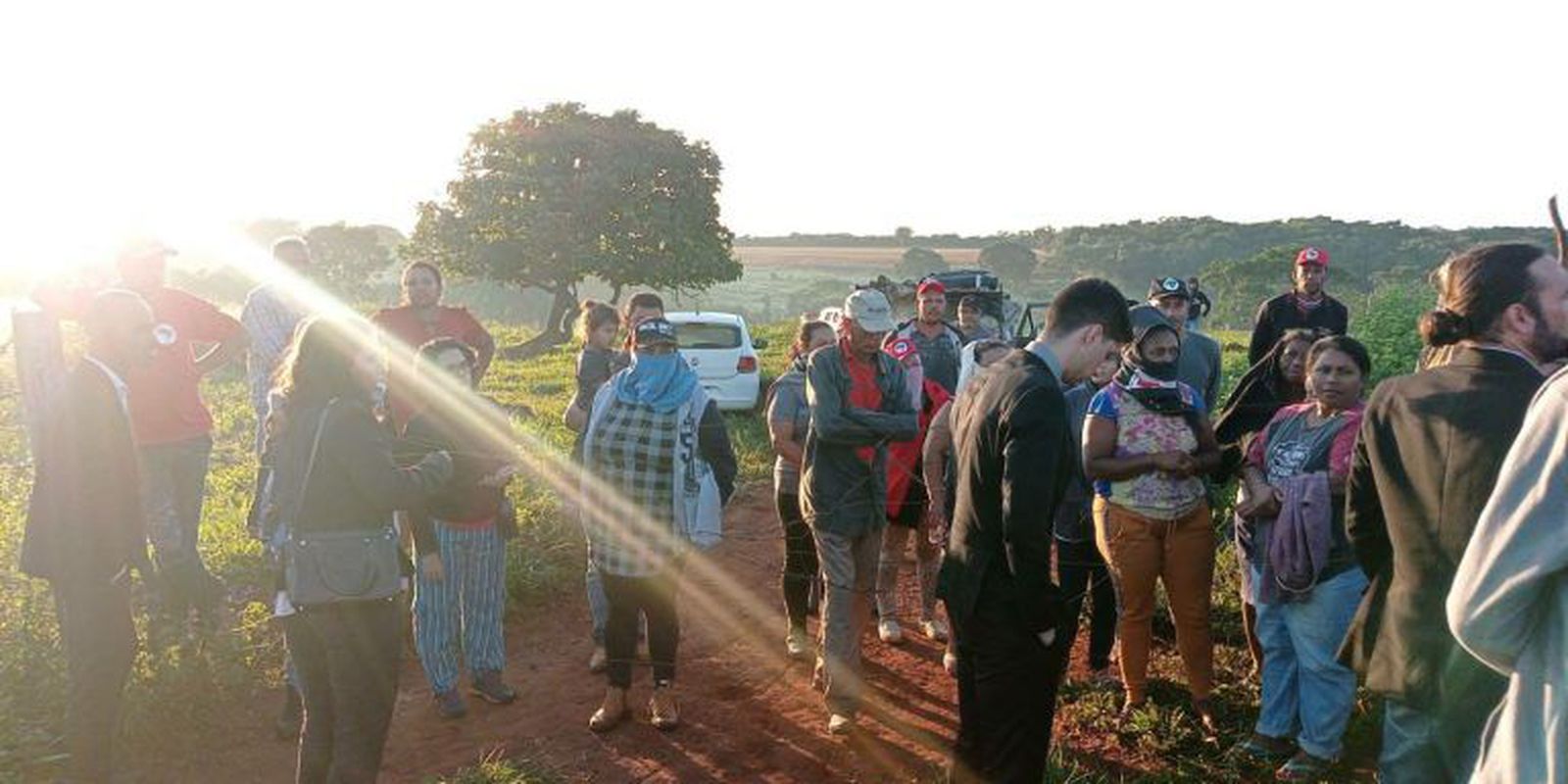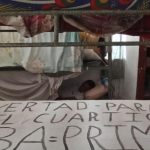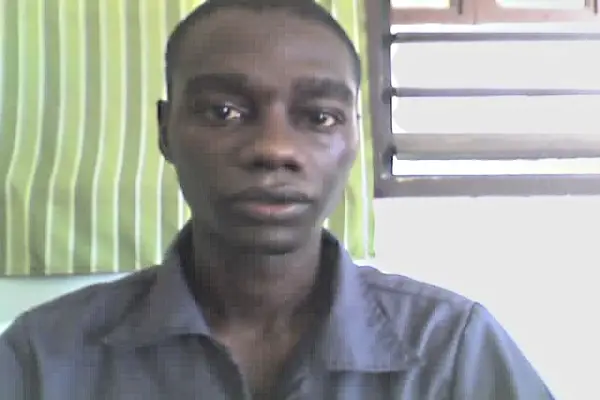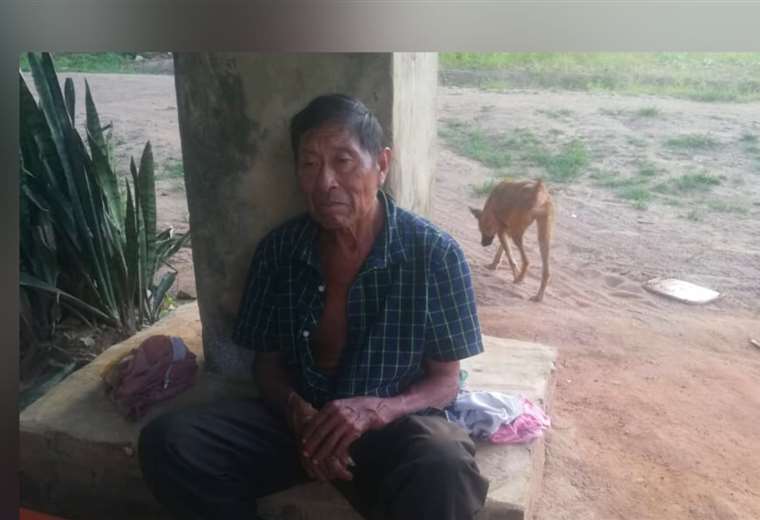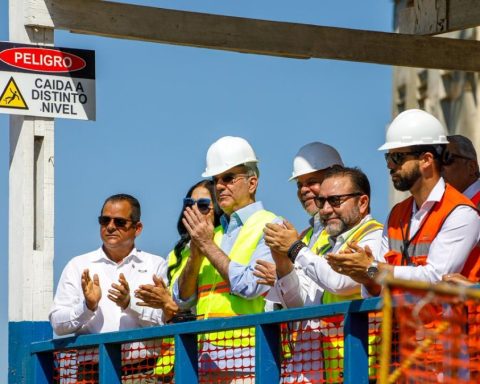More than 600 Landless Families occupied the São Lukas Farm, in the municipality of Hidrolândia, in Goiás, at dawn today (25). In a note, the Movement of Landless Rural Workers (MST) informed that the action was carried out by women linked to the movement and is part of the National Day of Struggle of Landless Women, which takes place throughout the country during the month of March. The purpose is for the property to be used for agrarian reform.
According to the MST, the occupied area has been part of the Union’s heritage since 2016. However, before that, the property belonged to a criminal group, convicted in 2009 of crimes of sexual exploitation and international human trafficking.
The movement cites data from the Federal Police (PF), that the gang was composed of 18 people at the time and used the place to imprison dozens of women, many of them teenagers, who were later trafficked to Switzerland and subjected to sexual exploitation. The scheme was maintained for three years and the victims were mainly Goiás women of humble origin from the cities of Anápolis, Goiânia and Trindade. According to the PF, the farm itself was acquired with money from human trafficking. Members of the gang were even on Interpol’s Red List for international fugitives.
“With our Jornada, we denounce the growth of violence against rural women and this area represents the degree of violence we suffer”, explained in a note Patrícia Cristiane, from the MST’s national directorate. In addition to denouncing the sexual exploitation of women and adolescents, the occupation also seeks to ensure that the land fulfills its social function.
“We demand that this area, which was previously used to rape women, be destined for the settlement of these families, so that we can produce healthy food and combat violence”, evaluated Patrícia Cristiane.
femicide
Between 2019 and 2022, cases of feminicide grew by 121.4% in Goiás. Last year, there were 322 cases of rape and more than 15,000 threats against women in the state. Throughout the country, the Institute of Applied Economic Research (Ipea) estimates that only 8.5% of rape cases were not reported to the police.
